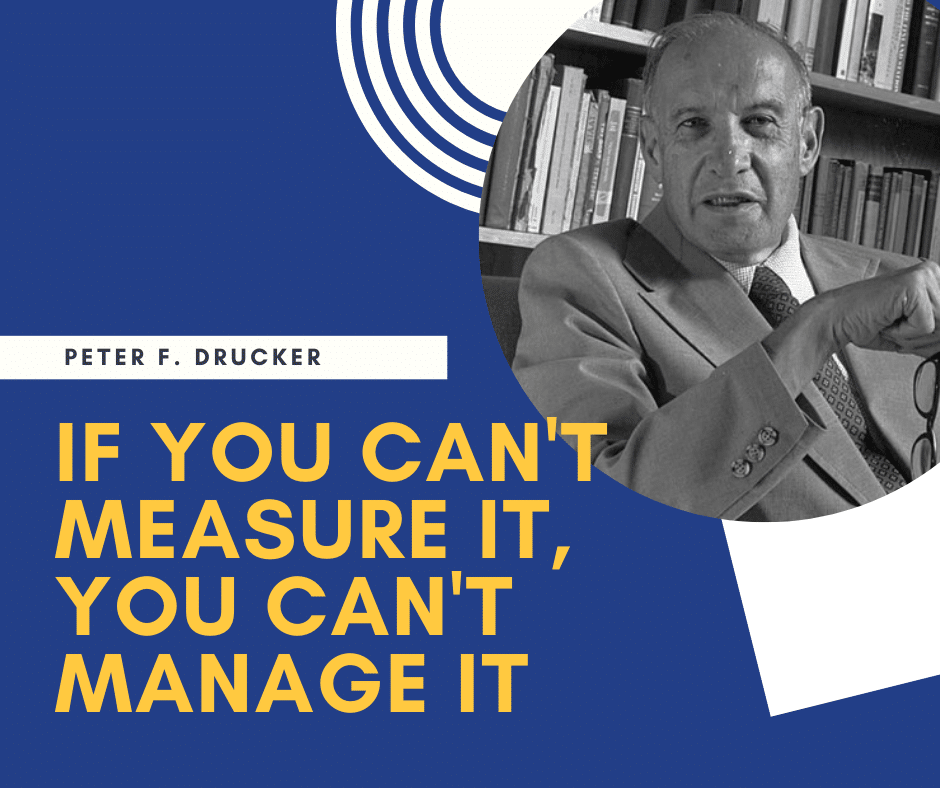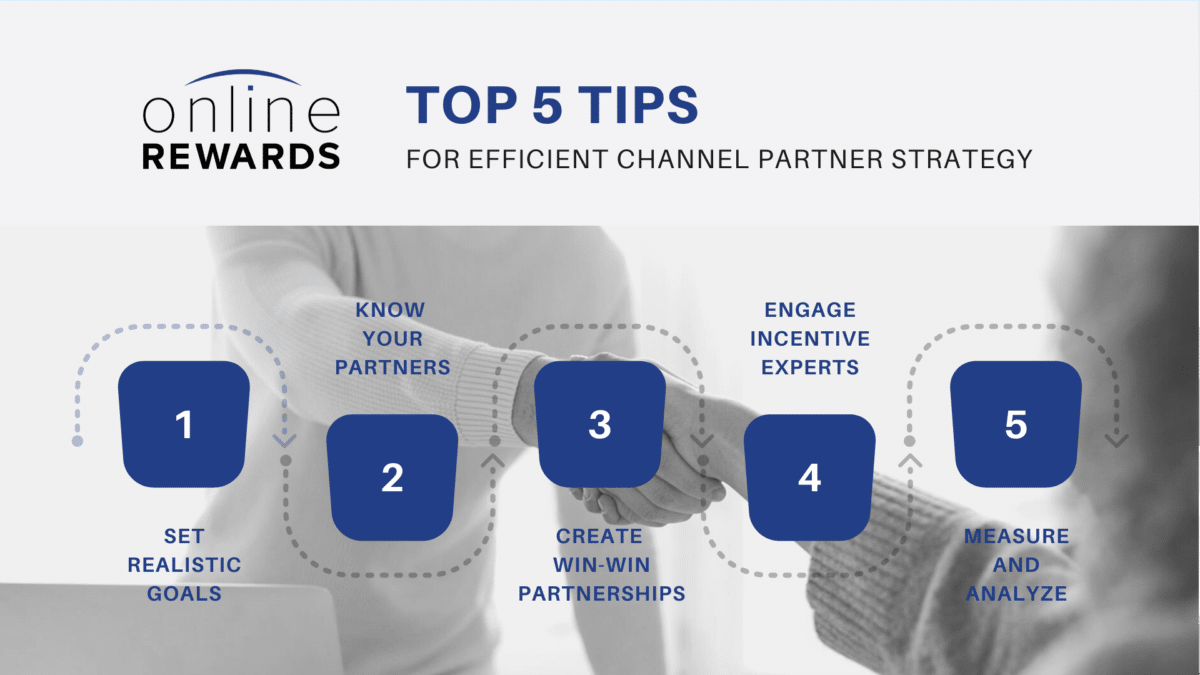The goal of every channel sales incentive program seems simple: Enable your channel partners to increase sales for a specific product or service and increase revenue. The end goal may sound simple, but getting there takes significant effort. With this in mind, how do we create a channel incentive program that dealers will appreciate? Below are a few key takeaways to consider when you are implementing a channel engagement program.
Set reasonable targets
Experts advise using channel incentives to drive the behavior, which is the most beneficial for your company, not to change a basic business model or product range of your partners. The right behavior is what leads to better financial and reputational outcomes. Thinking in these terms allows you to build a solid foundation for developing a successful channel incentive strategy.
Make the buyer your top priority
Making sure the buyer is front-and-center is key when developing any channel partner program. Yes, you need to understand what makes dealers tick, but in order to do that, you need to understand end-user buying behavior. This, in turn, will help you to develop channel engagement promotions built around buyer needs.
Figure out your share in the partner’s total sales
You can expect high interest in your incentive program among partners if your products make at least 10% of their overall sales. Make sure your incentive program fits partners that fall in this category and your joint customers.
Adjust achievement targets to your partners
Tiered incentives that reward all transacting program participants and ensure a clear understanding of the growth benefits are considered the most effective. Letting your partners compete against their prior performance will provide sufficient motivation for participation and compliance.
Select channel partners
In our opinion, a framework proposed by Murphy Linkoln, a customer success expert, could also suit partner selection purposes.
Gather some information about your partners
Here are some facts you may want to figure out about your current and potential channel partners:
- Do they have the necessary resources for a successful partnership with your company?
- Can you help them reach their goals, and how?
- Is there competence and technical fit?
- What are their values?
- Will you be able to attain a cultural fit?
Such information will help you to adjust your incentive program and other aspects of business relationships to the peculiarities of your partners and reduce the number of trials and errors.
Create win-win business relationships
Several factors could influence the effectiveness of your efforts. Are your partners educated well about the benefits offered by your products? Are your rewards and incentives sufficiently attractive? Are all your partners informed about the details of your channel incentive program? Are the conditions of the program comprehensible and transparent?
Align the monetary reward to the cost of sale
To make monetary (and sometimes non-monetary) rewards attractive, you should be realistic about what it takes to make a sale. In most cases, selling to a new customer costs more than selling to a loyal customer. Selling new products will cost more, even if they are offered to loyal customers. It will help if you consider this in your incentive mix. You also can influence the motivation to sell your new products by adequately adjusting the rewards to the efforts needed to sell novelties.
Communication is key
Most channel partner programs have varying levels of complexity. This means that you will have multiple audiences in multiple verticals in need of constant communication. Your program should have automated email communication, on-screen notifications, and in some instances, SMS notifications.
Education and enablement
Providing support to your channel partners through education and enablement is key. This can be accomplished through quizzes, monthly or weekly newsletters about product launches, in-depth training sessions, and providing marketing materials. Giving your channel partners a forum for discussion can also help in this endeavor. Measuring education effectiveness with detailed reporting is vital.
Partner with an incentive company
Hiring a specialized incentive company could save you a lot of resources. You can get your incentive program integrated with your corporate website, CRM, and marketing automation system quickly and seamlessly. You can get expert advice and access industry best practices, thus maximizing the outcome from your investment.
Partner up
One of the biggest mistakes you can make is thinking you have to do it all alone. There are many vendors out there offering technology solutions for channel engagement programs. Whether you need training, incentives management, promotion tools– finding a technology provider that can meet your specific needs is the most important thing to remember.
Measure the results

Reporting and measurement
You could have the best channel engagement program in place, but if you are not measuring the results, you have already failed. Make sure your channel partners are trained to capture all data at the point of sale. You must then develop a process to push that data back into your system and display it in intuitive dashboards that can help you identify strengths and weaknesses.
Conclusion
Creating a channel engagement program that provides your dealers with the tools they need to be successful can be a challenge. You need to focus on the buyer, develop a communication strategy, educate and enable your channel partners, accurately measure and report your success, and find a reliable, long-term partner. These are not all the pieces of the puzzle to creating a successful channel engagement program – but they will set you on the right track.

What do channel partners want?
Channel partners highly appreciate simple and transparent conditions, usable program interface, and flexibility. They want to see the value of your offering, get reasonable expectations, and choose options that contribute to their growth.
What is a channel incentive program management solution?
It’s a horizontal IT-solution that serves indirect sales channels and could be adjusted to any company operating in any industry.



